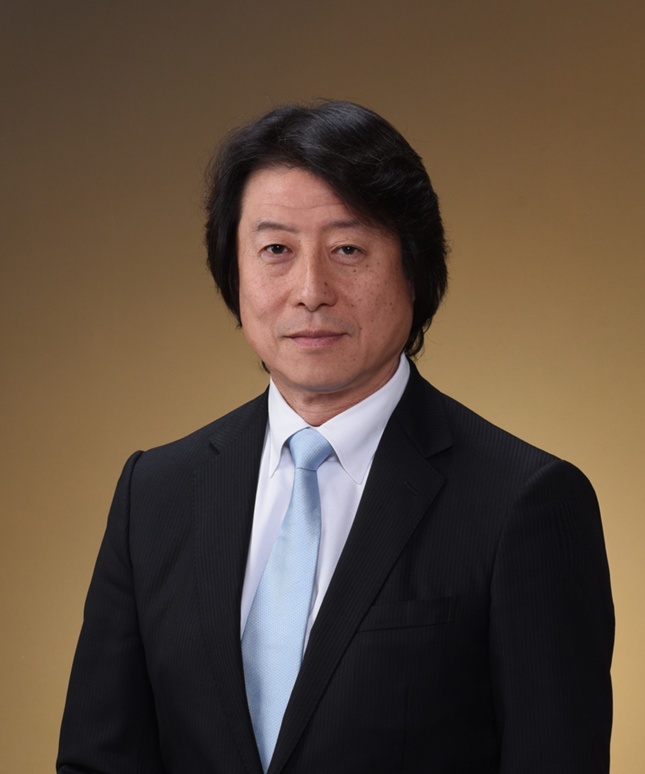President Journals Past President Board Member Annual Meeting

President of the Japanese Society for Apheresis
Juntendo University
Ken Yamaji
Challenging intractable diseases by apheresis
President of the Japanese Society for Apheresis
Ken Yamaji
I am Ken Yamaji of the Department of Collagen Disease and Rheumatology, Juntendo University School of Medicine. I was appointed as President by the new board of directors on October 22, 2020. I pledge to do my best to further develop the Japanese Society for Apheresis as a new president for the coming 2 years.
2020, which was to be an Olympic year, turned out to be an unusual year in which the unprecedented pandemic of COVID-19 infection threatened the whole world. Even such COVID-19 will eventually be suppressed by vaccines that are developed and treatments that are established. However, there are also many diseases other than COVID-19 from which many people are suffering due to the lack of established treatments, which we call intractable or refractory diseases. Apheresis is considered a treatment that potentially provides a ray of hope for patients with intractable/refractory diseases as yet uncontrolled by existing treatments including drugs. I am determined to devote myself to the following tasks by taking to my heart that it is the mission of the Japanese Society for Apheresis to bring the benefits of apheresis to as many patients suffering from intractable/refractory diseases as possible.
(1) To promote expansion of indications of apheresis
(2) To promote further internationalization of our society
To promote expansion of indications of apheresis, it is necessary to show evidence of its superiority in safety and efficacy compared with existing treatments. However, concerning apheresis, which is often applied to rare and intractable diseases, this is often extremely difficult from the viewpoint of securing a sufficient number of cases and ethics. Furthermore, after the enactment of the Clinical Trials Act in 2018, the implementation of clinical studies and clinical research such as investigator-initiated or industry-sponsored clinical trials has become difficult. Therefore, I would like to establish a “Clinical Research Promotion Committee (working title)” and create a system for our society to support clinical research.
To promote further internationalization of our society, I propose to establish an “Internationalization Promotion Committee (working title)”, support contributions and presentations of the achievements of clinical and basic research conducted by members of our society to international journals such as the Therapeutic Apheresis and Dialysis to globally transmit them, and increase opportunities for exchanges and joint sessions by active collaboration with international societies such as the International Society for Apheresis and American Society for Apheresis.
In addition, by inheriting the project that ex-president Hidenori Matsuo has energetically
worked on, I will also tackle challenges such as
(3) newly publishing apheresis guidelines, posting them on international journals, and continually updating them, and
(4) increasing medical institutions registered in apheresis registry and continuously publicizing the results.
I requested Drs. Yoshihiro Endo and Takafumi Ito to assume the position of vice-president and other persons to join as new members of the board of directors. I will do my best efforts by gaining support from directors, councilors, and fellow members for the development of our society. So, I would like to ask for your cooperation.

メニュー